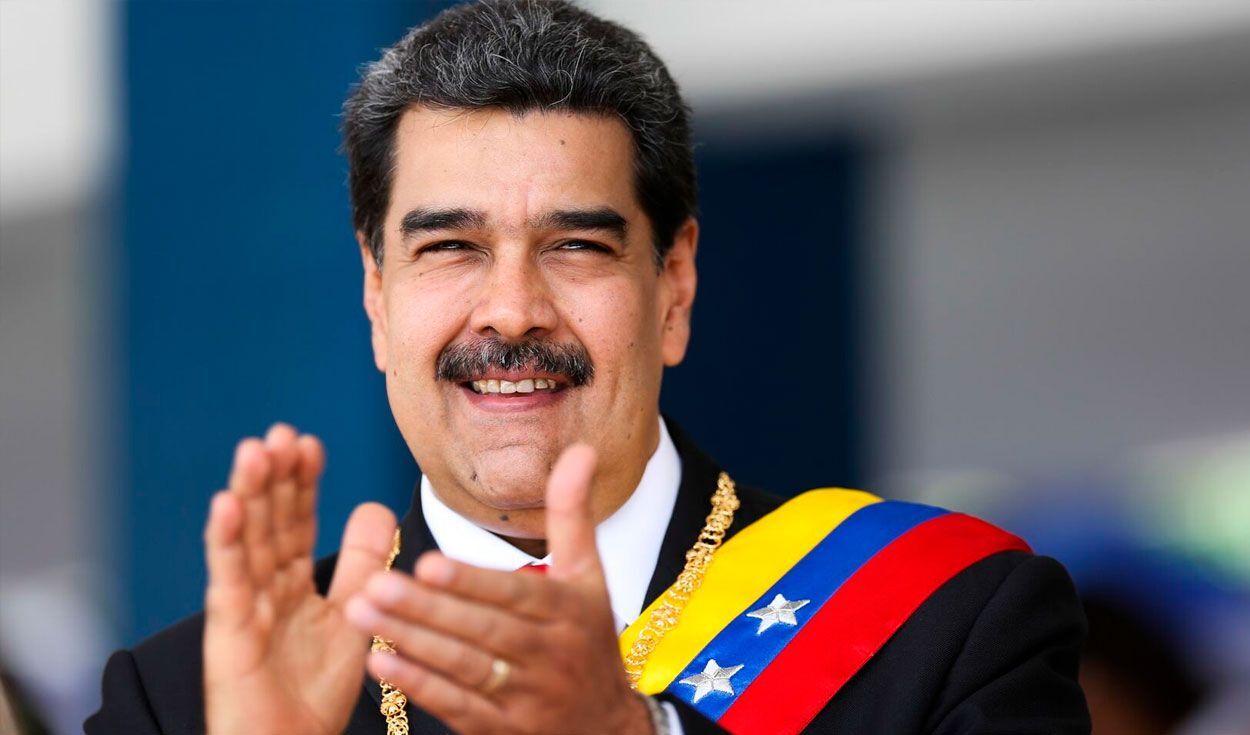Foreign Policy of Joe Biden’s administration should be reviewed within the context of the grand policies of the American Democratic Party; during the presidency of Barack Obama, we were witness to his policy that was to maintain the status quo and prevent crises and escalation of tensions between the United States and Venezuela. Obama tried not to close the door to diplomacy and talks with the then Venezuelan President Hugo Chavez as much as possible; to be able to consult with that country, and to some extent exert the diplomacy of pressure on that country.
But during Donald Trump’s presidency, we saw him to do the opposite to Obama, and when he came to power, while showing opposition to socialist tendencies and skepticism to the left-wing governments, he essentially extended sanctions against Venezuela. Trump also recognized the government of Juan Guaidó.
Now, with the Biden administration in power, the situation will change and the foreign policy of the Democrats towards the issue of Venezuela is clear. In his latest statement, Jake Sullivan, the president’s National Security Adviser, reiterated the same remarks over the Democrats’ grand strategy; therefore, domestic investments to strengthen foreign foundations, revitalization of US alliances, re-engagement with key institutions and agreements, re-defend of American values, and reform of US global positions are among the US policies during the Democrat Biden’s presidency.
In fact, the Democrats’ agenda is “diplomacy” and diplomacy is based on the discussion of democracy, strengthening of democracy and human rights, national interest of the United States, and confrontation with authoritarian regimes which will stand on top of the State Department’s agenda.
Thus, it can be said that in the Biden era, we will be witness to the return to the support of the so-called human rights policies, but in Venezuela, as long as the current situation prevails and, according to the West, Maduro refuses to hold free elections and does not respect human rights debates, the United States according to the Democrats’ agenda, will pursue sanctions. Although it has been suggested that sanctions against Venezuela will be eased to some extent so as not to put pressure on the people of Venezuela, in general we can say that we will not see widespread tensions between the United States and Venezuela, and military debates, especially military provocations by the neighbors, including Colombia, will probably be off the agenda.
In such circumstances, one of the following two scenarios seems to be on the agenda of the Democrat government; either broader economic sanctions aimed at changing behavior of Caracas and holding elections again, or pursuing inclusive diplomacy until Maduro joins the opposition in political power or somehow submits to elections so that the United States can monitor it through organizations of American countries.
Meanwhile, Maduro and the Socialists will continue to pursue their previous policies aimed at easing the pressure of sanctions, and are likely to propose renegotiation.
As a result, there is no clear prospect of a fundamental reconsideration of Venezuela, and still, based on democratic standards which include discussion of democracy, human rights, national interests, etc., no fundamental relationship between Washington and Caracas will take shape.
Regarding the relations between the European Union and Venezuela, it should be noted that throughout history, the European Union has always tried to adopt a relatively independent foreign policy towards Latin America and Venezuela. Even now, due to Europe’s rejection of Venezuela’s last parliamentary elections, it seems unlikely that the relations will improve, at least in the medium term, as relations between Brussels and Caracas have recently soured and Europe continues to officially recognize Juan Guaidó in coordination with the United States.
Overall, given Europe’s coordination with Biden’s administration, the West, including Europe and the United States as a whole, is likely to pursue a common policy toward Venezuela.










0 Comments